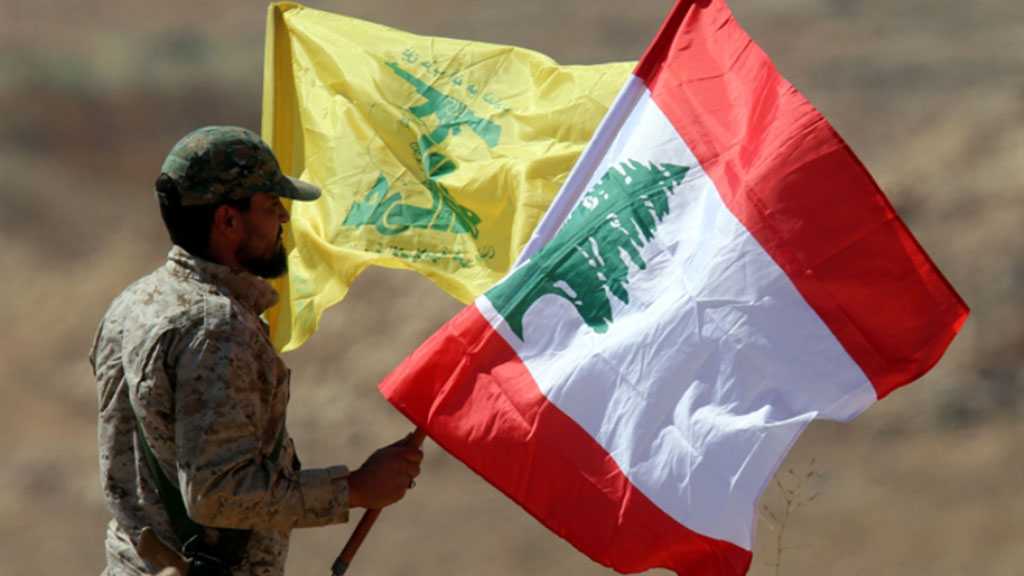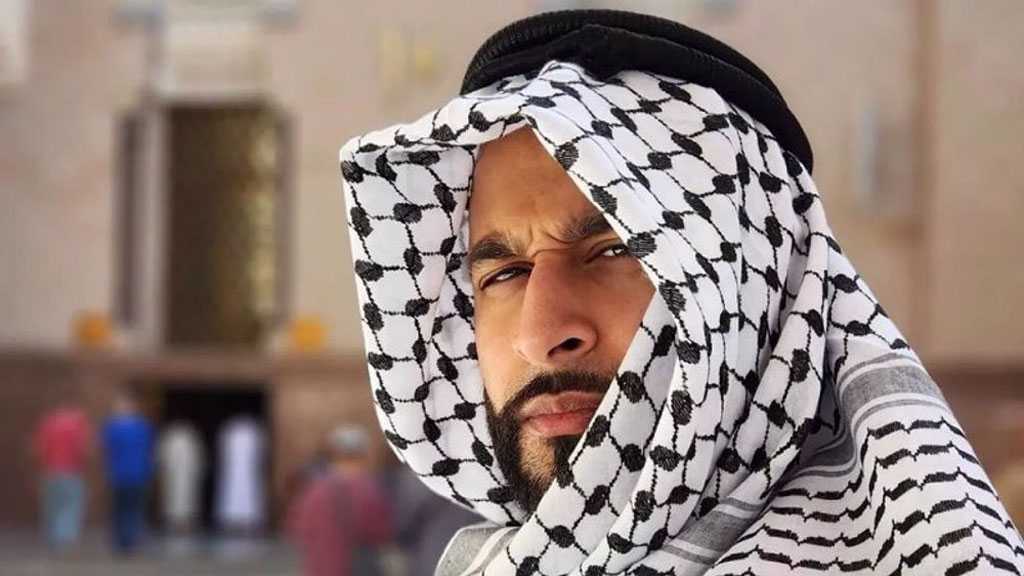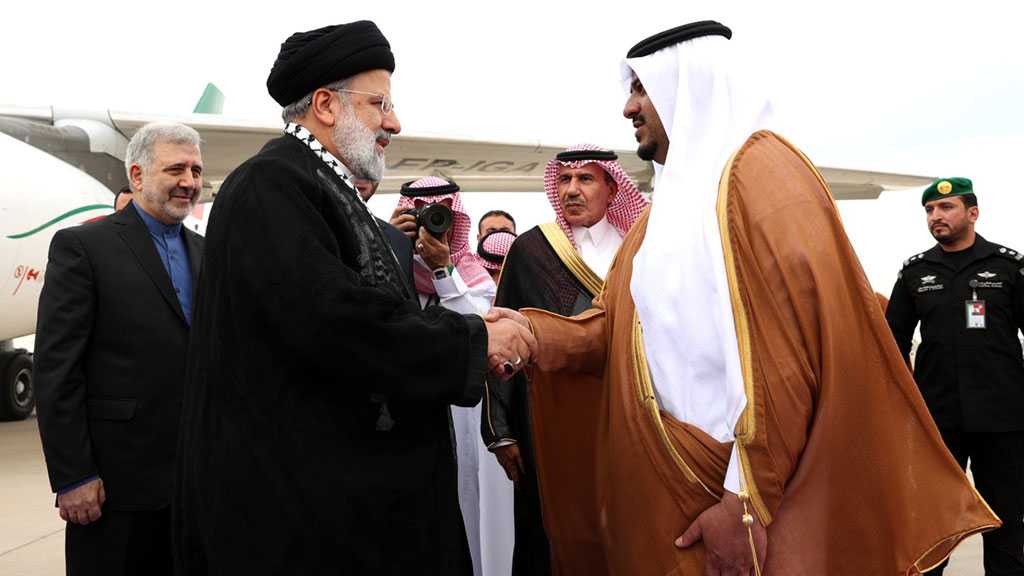Saudi Leaks: The Kingdom’s Plan to Weaken Hezbollah

By Staff, Agencies
Under the heading “Saudi Leaks”, the Arabic language Lebanese newspaper al-Akhbar continued its revelations on Saudi Arabia. Earlier, the Lebanese outlet had obtained on plans to undermine Hezbollah in Lebanon and the international arena.
Presented by Saudi Arabia to the United States, the plan draws on public Hebrew literature to confront the Hezbollah resistance group. It also provides several methods for “encircling” the Resistance, which “happen to coincide” with “Israeli” requirements.
The Saudi plan which set forth a series of initiatives is comprised of four axes, including: the political axis, the economic axis, the media axis and the military axis.
- The Political Axis:
One way the Saudis thought of is to politically isolate Hezbollah – that is, to pressure Arab states on the terrorist designation of Hezbollah.
On March 2016, the Gulf Cooperation Council [GCC] and the Arab League [AL] declared Hezbollah a “terrorist organization”. That same month, the Saudi cabinet met with Crown Prince Mohammed bin Salman [MBS] and asserted the GCC’s decision regarding the designation of Hezbollah.
This so-called political blockade on Hezbollah – a major political party in Lebanese government – was one of the main aspects of the Saudi plan’s political pivot. The Saudi plan intended to have the Security Council issue resolutions that would further isolate Hezbollah politically.
A year later, in 2017, Arab states attempted to identify Hezbollah as a “terrorist organizations” in statements issued in the Arab summits, but this step was met with great protest from the Lebanese delegation.
After the fruitless struggle to regionally and internationally isolate Hezbollah, it was high time to focus on appealing to Hezbollah-aligned political movements in Lebanon, especially Christian parties like the Free Patriotic Movement and the Marada Movement; not to mention, supporting anti-Hezbollah figures.
Furthermore, the Saudi plan focused on “supporting influential, moderate political and financial figures within the Shiite spectrum” – so to speak – and “recruiting young leaders within Hezbollah itself”.
- The Economic Axis:
The economic pivot has taken up considerable space in the so-called Hezbollah's weakening initiative based on the principle of drying up funds, so the Saudi plan to "intensify supervision of bank transfers in Lebanon" was put forward. Basically, bank transfers from Saudi Arabia to Lebanon stopped for two years in 2016 and 2017; and Riyadh banned the delivery of money to Beirut during these 2 years, except with the sponsorship, documentation and verification of funds.
At the same time, the United States has also imposed measures of economic terrorism on Lebanese banks and organizations that have made any contribution to Hezbollah or its affiliates. Saudi Arabia followed suit in 2015 and 2016, and banned Saudis from engaging in with them.
To add fire to flame, in the Saudi perception, the Kingdom’s Interior Ministry warned against any interaction with Hezbollah in any way and threatened any citizen or foreigner resident in the Kingdom to support, finance or promote the Resistance group.
Hence, the Saudis sought to “prevent Hezbollah from infiltrating international ports of entry [Beirut International Airport and the Port of Beirut] by applying pressure via Saudi commercial and tourism influence, in conjunction with plans to build an alternative international airport far from Hezbollah's control”.
Another point in the economic section of the Saudi plan is to "support small and medium-sized projects and businesses for a large portion of the young workforce, especially the Shiites, to no longer be dependent on Hezbollah for financial support, but also to define projects to attract these youth. Or get them away from Hezbollah”.
- The Media Axis
The Saudi plan shed light on the importance of supporting Lebanese media and television networks “to counter Hezbollah policies” and to work with them “to develop policies to expose Hezbollah encroachments and ideological guidelines,” as it put it.
This is not a new issue in Saudi politics and it even existed before the current crown prince. Four years ago, al-Akhbar published a secret document from the Saudi Foreign Ministry in collaboration with WikiLeaks, suggesting that Saudi Arabia had given $ 2 million to the Lebanese MTV network for technical and political reasons. Saudi Arabia had also threatened in 2010 the Lebanese LBCI network if it went too far with its stances regarding Riyadh.
- The military axis
In this regard, the Saudi plan sought to intensify full surveillance of what it alleged was "arms smuggling for Hezbollah" and activating the role of UN forces to monitor Lebanon’s land and maritime borders with Syria. But more importantly, the plan encouraged the establishing of "scout centers for training moderate youth domestically and sending them to foreign courses so that they can be the basis for future military and security organizations and, if necessary, to confront Hezbollah domestically”.
Meanwhile, the plan stresses that the Saudi support for the Lebanese army is conditional and states that "it is possible to strengthen the Lebanese army and government agencies, but after being assured that Hezbollah has no dominance in these agencies and that they are completely devoid of Hezbollah elements".




